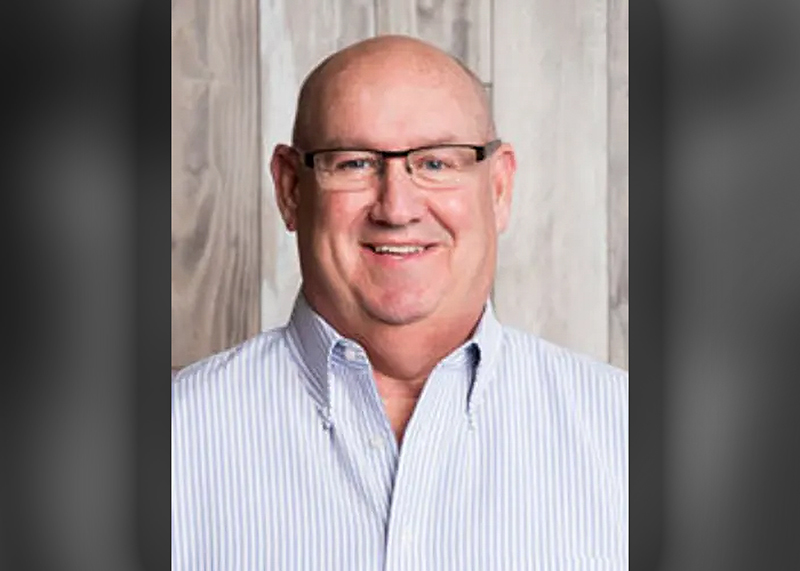UK vows to ban conversion therapy in bid to make LGBTQ people more accepted
Government promises to outlaw "abhorrent practice" after surveying LGBTQ Brits on their quality of life

The British government is banning conversion therapy as part of efforts to make LGBTQ people feel more included in the country.
The new initiative, which was announced during London’s Pride week, will “eradicate the abhorrent practice” by finding “legislative and non-legislative options to prohibit promoting, offering or conducting conversion therapy.”
Conversion therapy — also known as “gay cure” or “ex-gay” therapy — aims to change the sexuality or gender identity of an individual to make them either heterosexual or cisgender. The practice has been widely debunked by major health organizations.
Britain’s government launched the initiative after the results of a government survey found that five percent of LGBTQ people in the United Kingdom had been offered conversion therapy, while two percent had experienced it.
The survey also revealed that LGBTQ people are less happy than heterosexual cisgender people, and a majority fear negative reactions from others if they were to hold hands with a same-sex partner or reveal their gender identity.
The results of the survey have led the U.K. government to allocate £4.5 million ($6 million) to make the country more inclusive to LGBTQ people. Prime Minister Theresa May said in a statement that she is “struck by just how many respondents said they cannot be open about their sexual orientation or avoid holding hands with their partner in public for fear of a negative reaction.”
“No one should ever have to hide who they are or who they love,” she said. “This LGBT action plan will set out concrete steps to deliver real and lasting change across society, from health and education to tackling discrimination and addressing the burning injustices that LGBT people face.”
Minister for Women and Equalities Penny Mordaunt said in a statement that everyone “should feel safe” in the UK.
“I am incredibly proud of the UK’s global leadership on LGBT equality and the fact that this is the largest survey of its kind, but many of the results are very disturbing,” she said. “It’s unacceptable that people feel they cannot hold hands with their partner in public, and that they are unable to walk down the street without fear of abuse.”
The government has also made plans to establish an LGBTQ Advisory Panel for the government, appoint a national queer health advisor, and extend the anti-LGBTQ bullying curriculum in schools.
Ruth Hunt, chief executive of the British LGBTQ rights group, Stonewall said that while this pledge is “an important first step” it needs to lead to actual effort.
“Some people will be shocked by the findings. But for anyone who is LGBT, or has a family member or friend who is, these results will be sadly recognizable,” she said in a statement. “Laws have improved and attitudes have changed but our society still treats LGBT people like second-class citizens.”
Another British study recently found the existence of a “gay glass ceiling,” showing that gay employees are less likely to be promoted to high-level management positions compared with straight peers with the same experience and education.
Support Metro Weekly’s Journalism
These are challenging times for news organizations. And yet it’s crucial we stay active and provide vital resources and information to both our local readers and the world. So won’t you please take a moment and consider supporting Metro Weekly with a membership? For as little as $5 a month, you can help ensure Metro Weekly magazine and MetroWeekly.com remain free, viable resources as we provide the best, most diverse, culturally-resonant LGBTQ coverage in both the D.C. region and around the world. Memberships come with exclusive perks and discounts, your own personal digital delivery of each week’s magazine (and an archive), access to our Member's Lounge when it launches this fall, and exclusive members-only items like Metro Weekly Membership Mugs and Tote Bags! Check out all our membership levels here and please join us today!





















You must be logged in to post a comment.